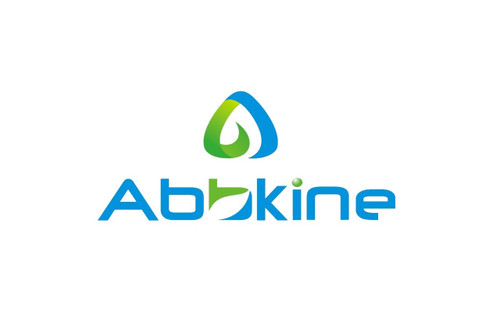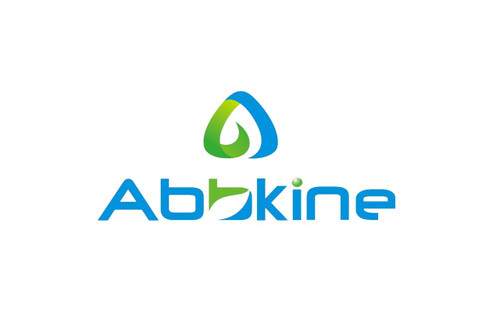Product Description
Mouse Cardiac troponin I (cTn-I) ELISA Kit | AE58794MO | Abebio
Species Reactivity: Mouse (Mus musculus)
Abbreviation: TNNI3
Alternative Name: CMD2A; CMH7; MGC116817; RCM1; TNNC1; cTnI; familial hypertrophic cardiomyopathy 7|troponin I; cardiac
Application: ELISA
Range: 31.25-2000 pg/mL
Sensitivity: 11.4 pg/mL
Intra-Assay: ≤4.1%
Inter-Assay: ≤7.4%
Recovery: 0, 9
Sample Type: Serum, Plasma, Other biological fluids
Detection Method: Sandwich
Analysis Method : Quantitive
Test Principale: This assay employs a two-site sandwich ELISA to quantitate TNNI3 in samples. An antibody specific for TNNI3 has been pre-coated onto a microplate. Standards and samples are pipetted into the wells and anyTNNI3 present is bound by the immobilized antibody. After removing any unbound substances, a biotin-conjugated antibody specific for TNNI3 is added to the wells. After washing, Streptavidin conjugated Horseradish Peroxidase (HRP) is added to the wells. Following a wash to remove any unbound avidin-enzyme reagent, a substrate solution is added to the wells and color develops in proportion to the amount of TNNI3 bound in the initial step. The color development is stopped and the intensity of the color is measured.
Product Overview: Troponin I is part of a heteromeric complex playing an important role in the regulation of skeletal and cardiac muscle contraction. It consists of three subunits, troponin I (TnI), troponin T (TnT) and troponin C (TnC) . Each subunit is responsible for part of troponin complex function. TnI inhibits ATPase activity of acto myosin and TnT and TnI are present in cardiac muscles in different forms than in skeletal muscles. Only one tissue specific isoform of TnI is described for cardiac muscle tissue (cTnI) and this is expressed only in myocardium.Equally reactive with free cardiac troponin I (cTnI) and cTnI forming complexes with other troponin components. (In the presence of 5 mM EDTA) . Antibodies are not affected by heparin, phosphorylation, oxidation and troponin complex formation. No cross-reaction with skeletal muscle troponin I.
Stability: The stability of ELISA kit is determined by the loss rate of activity. The loss rate of this kit is less than 5% within the expiration date under appropriate storage condition. The loss rate was determined by accelerated thermal degradation test. Keep the kit at 37°C for 4 and 7 days, and compare O.D.values of the kit kept at 37°C with that of at recommended temperature. (referring from China Biological Products Standard, which was calculated by the Arrhenius equation. For ELISA kit, 4 days storage at 37°C can be considered as 6 months at 2 - 8°C, which means 7 days at 37°C equaling 12 months at 2 - 8°C) .
 Euro
Euro
 USD
USD
 British Pound
British Pound
 NULL
NULL












